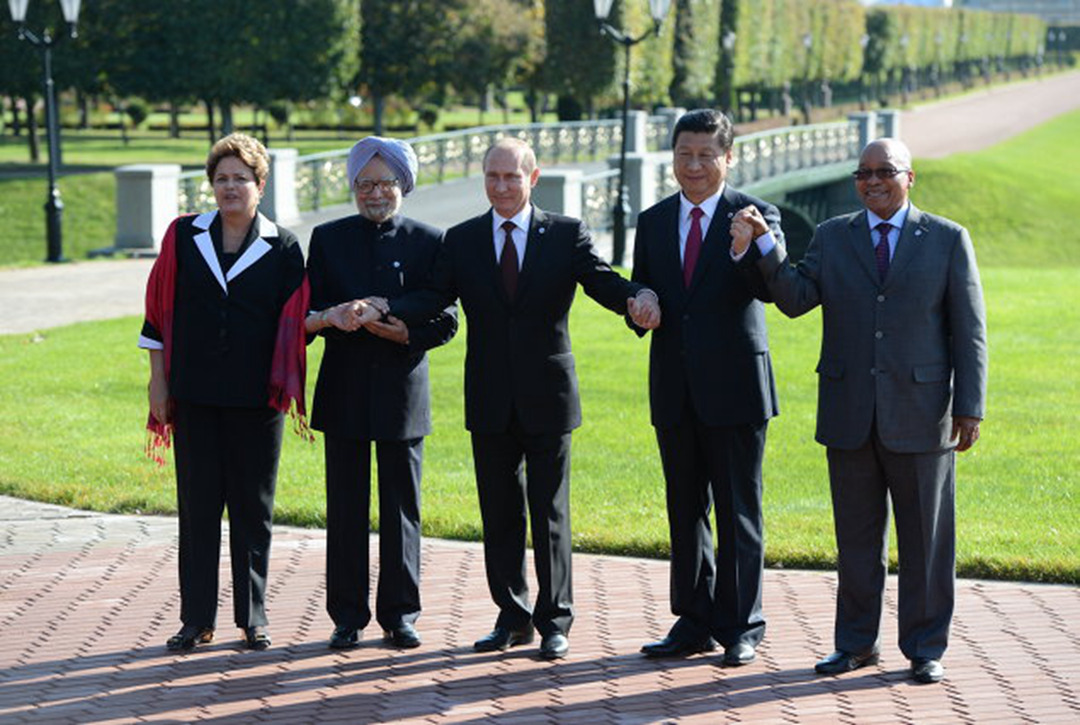
From Pittsburgh to Hangzhou: A look into G20 history
The path to the G20 Summit in Hangzhou was paved amid crisis.
In 2008, the Lehman Brothers went bust and the world’s financial system was imploding. As some talked of a new Great Depression, Washington hosted the first G20 Summit that year.
It was in the city of Pittsburgh, in the wake of the global financial crisis, where the G20 became the vehicle for global economic decision making. Humbled by the crisis, the West realized it had to reach out to Asia, Latin America and beyond the post-World War Two economic structures.
2009 G20 Pittsburgh Summit
When former Chinese president Hu Jintao stood next to the US President Barack Obama for the official G20 group photo, it was a clear display of China’s new economic prominence on the world stage.
2010 G20 Seoul Summit

Leaders announced more shared commitments to sustainable, balanced economic growth and pushed to prevent currency manipulation.
South Korea’s then-president Lee Myung-bak downplayed differences between the US and China by calling an end of the currency war.
There were also advances in the fight against climate change and in reforming the International Monetary Fund. Leaders talked about the need for banking reform so that taxpayers wouldn’t have to fund another bank bailout.
2013 G20 St. Petersburg Summit

Chinese President Xi Jinping attended his first G20 Summit in September 2013.
Military policy dominated talks in St. Petersburg with the United States and Russia sparring over what military actions should be taken against Syrian President Bashar al-Assad.
2015 G20 Antalya Summit

The meeting was somber in wake of the Paris terror attacks. At least 128 people died in a series of attacks on night of November 13 across Paris.
World leaders condemned the attacks as “heinous” and vowed tighter border controls, more intelligence sharing and a crackdown on terrorist financing.
2016 G20 Hangzhou Summit
It is now China’s turn to host the G20. There is a very different economic outlook than 2009, requiring a very different economic approach, one that includes all stakeholders in the global economy.






